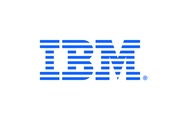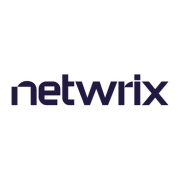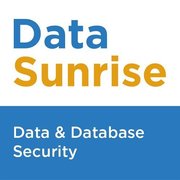
Best Database Security Tools 2025
Database security tools perform vulnerability assessments, monitors database access and activity to detect intrusion, and attempts to prevent threats and block malicious or unauthorized behavior that may lead to data loss.
We’ve collected videos, features, and capabilities below. Take me there.
All Products
Learn More about Database Security Software
What are Database Security Tools?
Database security tools provide specialized protection for databases in addition to existing endpoint and network security products. In theory, databases are already protected against malicious activity by firewalls and intrusion detection systems. However, databases require their own protection. Specialized protection is necessary to protect against database-specific threats and because databases have had to become more accessible to wider ranges of users. Tools have also specialized to protect a mix of databases deployed on-premise, in the cloud, or in hybrid environments.
In broad terms, unauthorized access to a database compromises potential loss of data confidentiality, integrity and availability. Since corporate databases frequently contain valuable client data and other sensitive information, protecting databases from malicious intent is often a high priority. Proper database security can also be necessary to comply with data regulations in certain industries. Some tools will also provide security-adjacent features, such as tracking user actions and interactions with the database.
Common methods for securing databases directly include:
- Access control to prevent unauthorized access by implementing multifactor authentication and other data management controls
- Physical security of database and servers from tampering
- Monitoring or auditing databases for vulnerabilities
- Antivirus/antimalware protection
- SQL injections prevention
- Targeted data corruption or denial of service prevention
- Data encryption
Database Security Comparison
When comparing different database security tools, consider the following factors:
- Security Features: Database security can encompass a wide range of actual features, which will vary by product. Consider which discrete features are the highest priority for the business. Also evaluate these needs given the other preexisting endpoint or network security tools available. Dedicated database security tools should fill in any vulnerabilities left by these existing tools.
- Implementation and Integration: How easily can each product be implemented across the organization’s databases? This is most relevant for larger organizations with multiple different databases deployed. Also consider how easily it integrates with other security systems, such as SIEM or log management platforms.
























